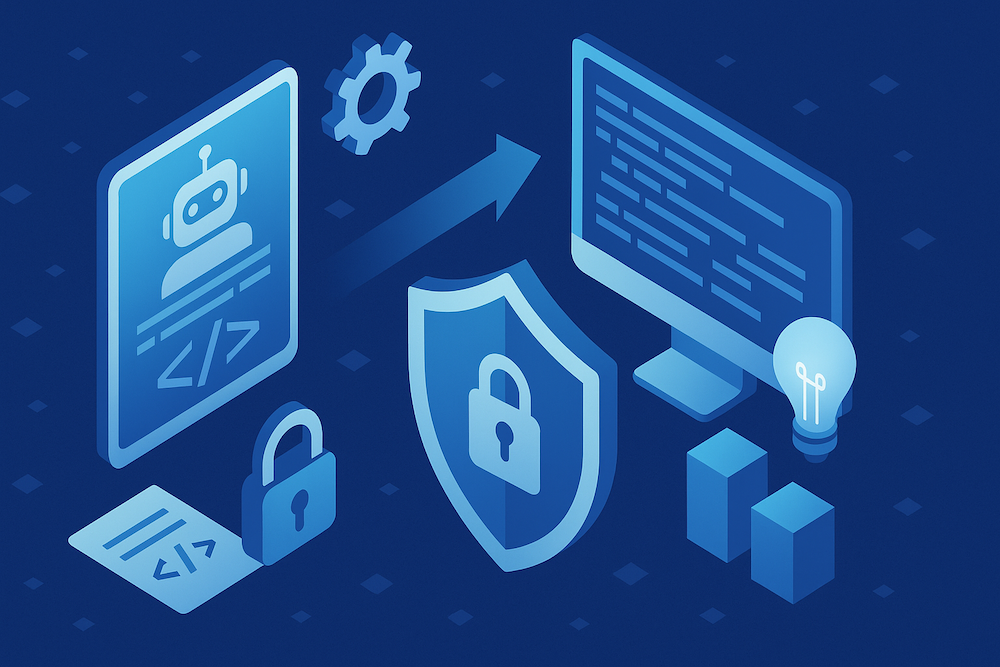Why Gen AI Security is Mission-Critical for AppSec Teams

How Application Security can stay ahead in the age of AI-powered development
The rise of Generative AI (Gen AI) is transforming how software is built, tested, and deployed—and Application Security (AppSec) teams are on the front lines of this shift. As development teams increasingly rely on Gen AI to accelerate coding, documentation, and decision-making, AppSec engineers must ensure that this innovation doesn’t come at the cost of security.
At Acuvity.ai, we understand that AI security is now AppSec’s responsibility, too. It’s no longer enough to secure traditional applications—AppSec teams must embed security throughout the AI development lifecycle and provide guardrails that empower innovation without introducing risk.
Gen AI Changes the Threat Model—Here’s How AppSec Can Adapt
Govern the AI Development Lifecycle
AI prompts are the new code—and they can be just as vulnerable.
With Acuvity, AppSec teams can integrate security at every stage of the Software Development Lifecycle (SDLC), ensuring AI features are developed responsibly and securely. Acuvity treats prompts like source code: sanitizing, validating, and shielding them from injection attacks such as prompt leaking, jailbreaking, and privilege escalation—leveraging ML classifiers and compact enforcement models to provide real-time protection.
Enforce Context-Based Access Control
Gen AI systems often interact with highly sensitive data—think PII, secrets, or IP.
Acuvity enables AppSec teams to classify data in context, then enforce fine-grained, role-based access controls that dynamically restrict access based on user roles and claims from access tokens. This minimizes the risk of unauthorized data exposure while maintaining seamless functionality for authorized users and applications.
Secure Any AI Integration—Anywhere
Whether your developers prefer Gen AI gateways, APIs, or SDKs, Acuvity ensures security can be deployed without friction. Our platform delivers full-stack protection with just a few lines of code, supporting your team’s existing workflows and tooling. From internal AI tools to external-facing Gen AI applications, Acuvity scales security across your entire environment—no trade-offs, no disruptions.
Proactive Red Teaming for Gen AI
Traditional pentesting isn’t enough for AI systems.
Acuvity empowers AppSec teams with purpose-built Gen AI red teaming capabilities—allowing you to simulate adversarial attacks, validate model behavior under stress, and continuously assess exposure to emerging threats. Our framework includes testing for the OWASP LLM Top 10 risks, including prompt injection, jailbreaking, and data exfiltration, helping you build more resilient, trustworthy AI applications.
Embrace Open Source for Secure Developer Adoption
Security thrives on collaboration.
Acuvity’s open-source components—including our Secure MCP (Model Control Plane) Servers, Runtime Containers, and Authorization Modules—allow security engineers to customize protections, share insights, and tap into a global community. This transparent, modular approach supports faster, safer Gen AI adoption within developer ecosystems.
Why It Matters
The bottom line? AppSec is evolving—and fast. As AI becomes integral to software development, security teams must shift left and embed AI governance into every sprint, build, and release. With Acuvity, AppSec engineers gain the tools they need to secure Gen AI systems proactively, collaboratively, and at scale.